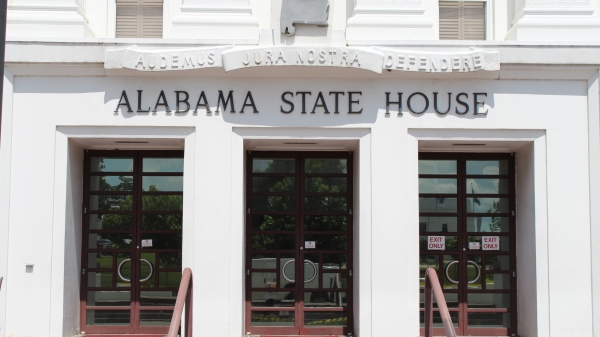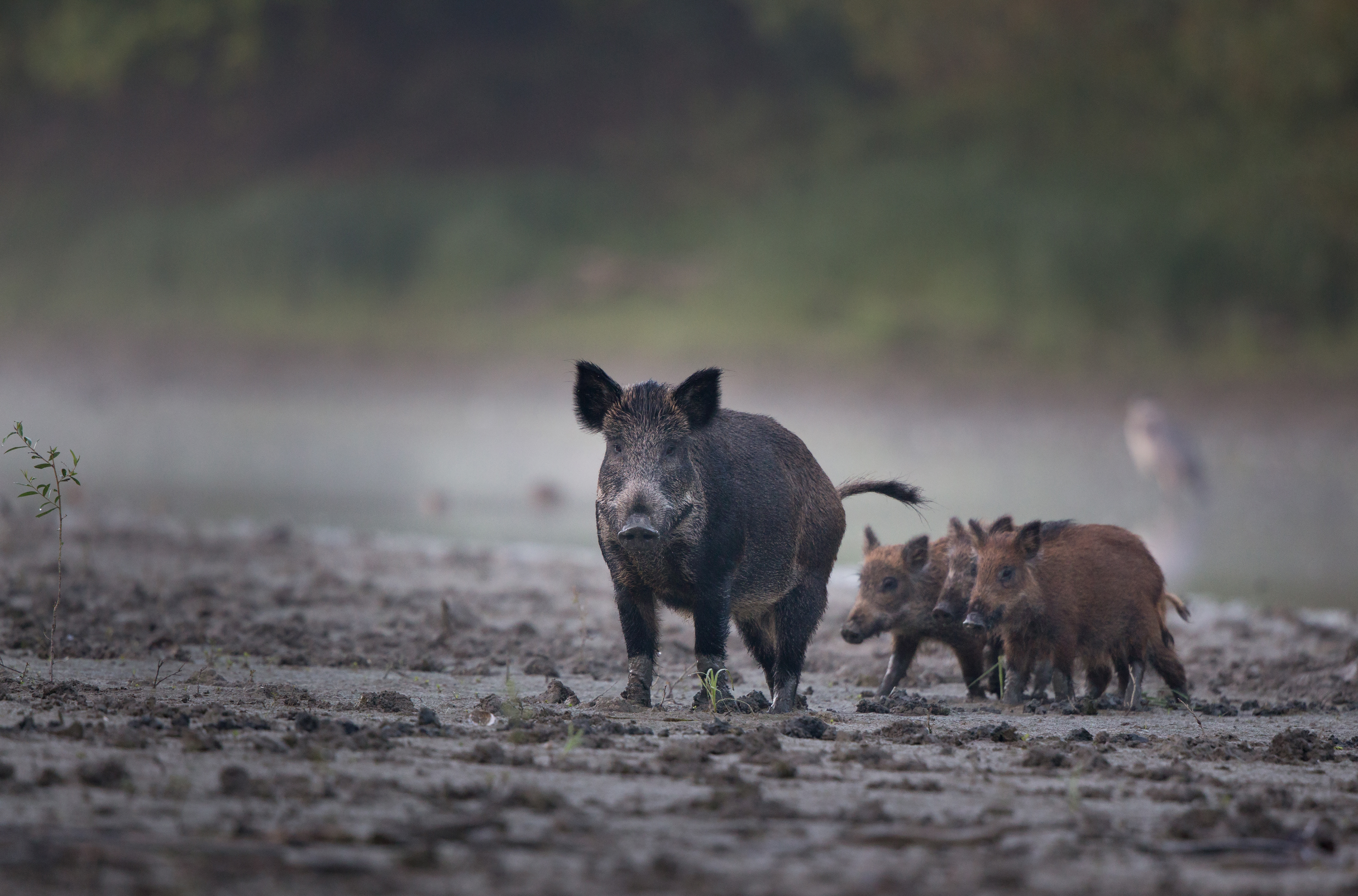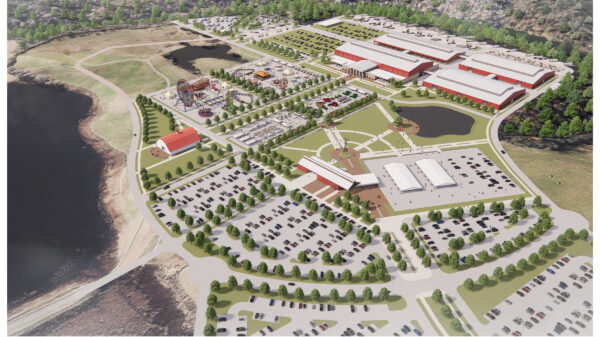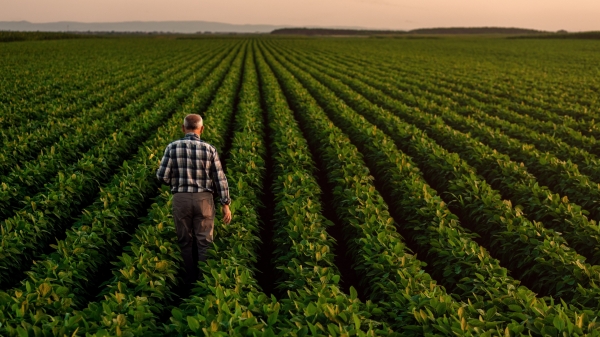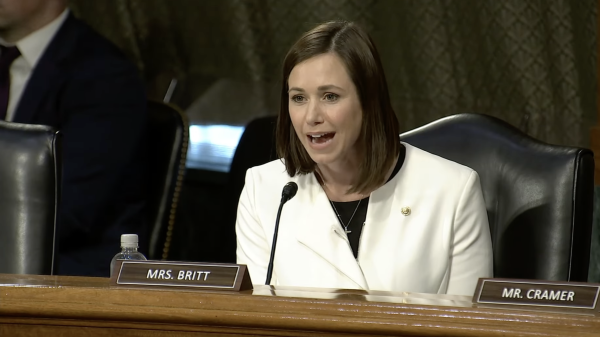In 2020, a three-year pilot project for feral swine control will start in select watersheds around Alabama.
The U.S. Department of Agriculture Wildlife Services has received $3.7 million in funding to combat feral swine damage in Baldwin, Escambia, Geneva, Henry, Houston and Sumter counties.
This money translates to 14 fulltime technicians who will work with Alabama landowners to remove feral pigs.
USDA will award 10 states more than $16.7 million to deal with the feral swine problem. The projects are part of the Feral Swine Eradication and Control Pilot Program (FSCP). This is a joint effort between USDA’s Natural Resources Conservation Service (NRCS) and Animal and Plant Health Inspection Service (APHIS).
Alabama Farmers Federation President Jimmy Parnell supports the decision.
“We are very pleased to see additional resources being allocated to combat agricultural damage caused by feral swine,” President Parnell said. “Increased federal funding for control efforts has been a priority for the Federation and this, in addition to increased funding through the annual appropriations process, will go a long way to support our farmers as they manage feral swine.”
Federation Wildlife Division Director William Green thanked USDA’s Fish and Wildlife Service for helping secure the funding for Alabama.
“Feral hogs damage forests, cattle range, and fruit and vegetable operations, as well as row crop acreage,” Green said. “No aspect of agriculture is exempt from feral swine destruction.”
Other states receiving funding include: Arkansas, Florida, Georgia, Louisiana, Mississippi, North Carolina, Oklahoma, South Carolina and Texas.
The 2018 Farm Bill provides $75 million for the FSCP over the life of the farm bill.
For landowners outside of Baldwin, Escambia, Geneva, Henry, Houston and Sumter counties, assistance is still available through Wildlife Services’ normal operating budget.
Hogs are very hardy, reproduce rapidly, are omnivorous, and have no native predators in Alabama. Hogs were first introduced into Alabama by the Spanish Conquistador Hernando De Soto in 1540. The wild hog herd is based largely on domesticated pigs that escaped from Alabama farms. In more recent times, hunters have introduced Russian Wild Boars to the state to improve hunting. It is now illegal to transport live wild hogs or to release them into the wild due to the damage that they do both to Alabama’s agricultural crops and the native flora and fauna that they devour.
To apply or just for more information, contact Wildlife Services at (334) 844-5670. Source.
Original reporting by the Alabama Forest Owner’s Association and the Alabama Farmer’s Federation contributed to this report.












